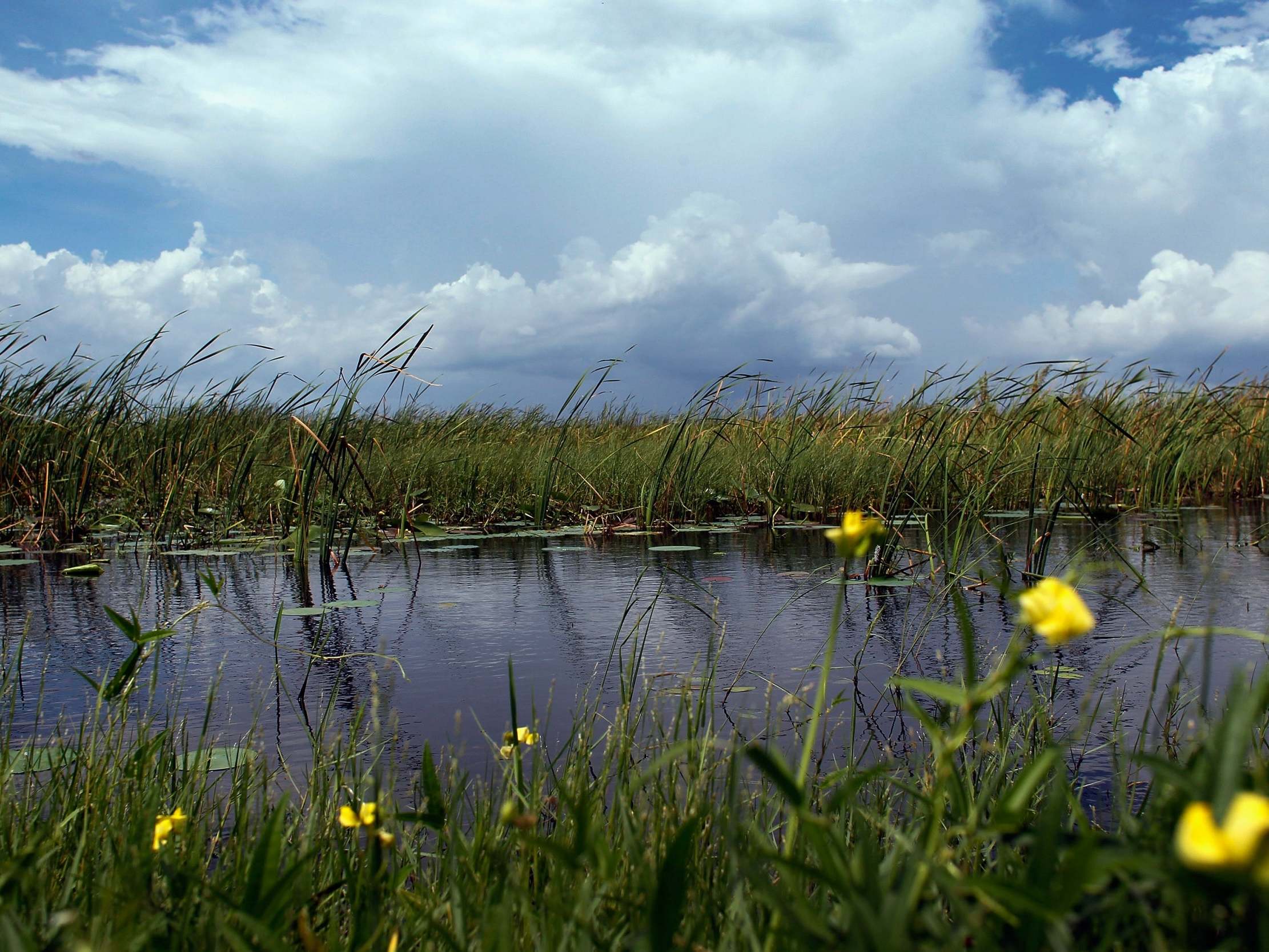Rare brain-eating amoeba case discovered in Florida
The amoeba enters the body through the nose in warm freshwater such as lakes, rivers and ponds.

Your support helps us to tell the story
From reproductive rights to climate change to Big Tech, The Independent is on the ground when the story is developing. Whether it's investigating the financials of Elon Musk's pro-Trump PAC or producing our latest documentary, 'The A Word', which shines a light on the American women fighting for reproductive rights, we know how important it is to parse out the facts from the messaging.
At such a critical moment in US history, we need reporters on the ground. Your donation allows us to keep sending journalists to speak to both sides of the story.
The Independent is trusted by Americans across the entire political spectrum. And unlike many other quality news outlets, we choose not to lock Americans out of our reporting and analysis with paywalls. We believe quality journalism should be available to everyone, paid for by those who can afford it.
Your support makes all the difference.One person in Florida has been diagnosed with brain-destroying amoeba, health authorities have said.
The Florida Department of Health (DOH) said in a statement that one person in Hillsborough County had contracted the rare disease known as Naegleria fowleri.
The microscopic single-celled amoeba can destroy brain tissue and prove fatal, said the DOH.
Only four people have survived Naegleria fowleri in the United States between 1962 and 2016, out of 143 contracted the disease.
The DOH did not disclose where in Hillsborough County the patient had contracted the amoeba, nor the patient’s condition.
The amoeba, which cannot be passed from person to person, enters the body through the nose when in warm freshwater such as lakes, rivers and ponds.
There have been only 37 cases reported in Florida since 1962.
The state’s health department has now cautioned freshwater swimmers and said that “Adverse health effects on humans can be prevented by avoiding nasal contact with the waters, since the amoeba enters through nasal passages”.
Floridians have also been advised to take caution when swimming in warm freshwater around power plants and shallow fresh water in high temperatures.
The DOH also advised that people should pinch their noses when playing in warm freshwater, and that untreated tap water could pose a threat to those clearing nasal congestion with a neti pot.
“Use only boiled and cooled, distilled, or sterile water for making sinus rinse solutions for neti pots or performing ritual ablutions,” said the DOH.
Health authorities said the amoeba can be present throughout July, August and September, when temperatures are higher.
Still, the DOH added that “this disease is rare and effective prevention strategies can allow for a safe and relaxing summer swim season”.
People should seek medical attention immediately when experiencing possible Naegleria fowleri symptoms such as fever, nausea and vomiting, headaches and a stiff neck.
It comes as Florida’s health department confirmed more than 10,000 new coronavirus cases on Saturday, for the second time in three days.
Join our commenting forum
Join thought-provoking conversations, follow other Independent readers and see their replies
Comments